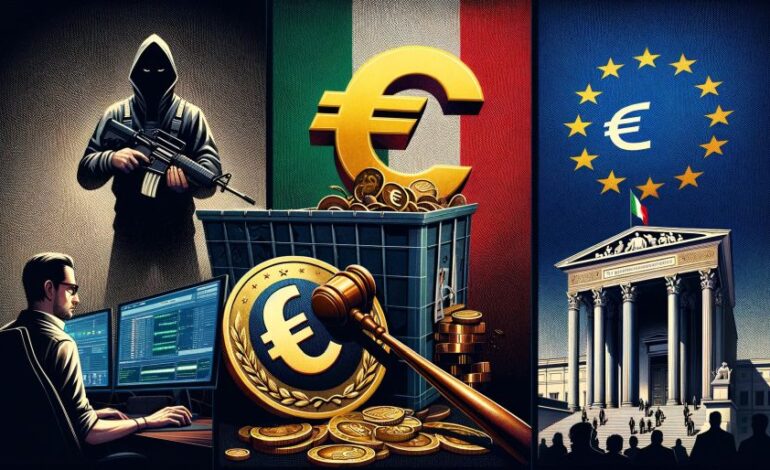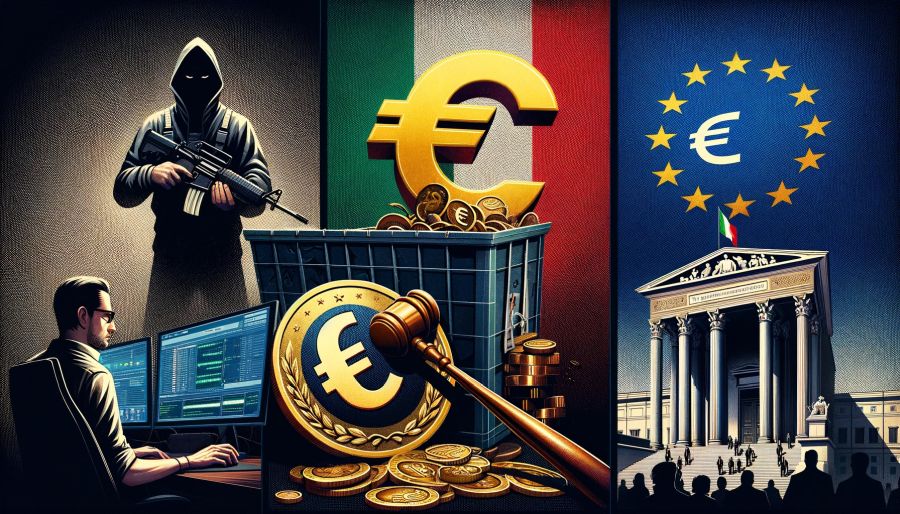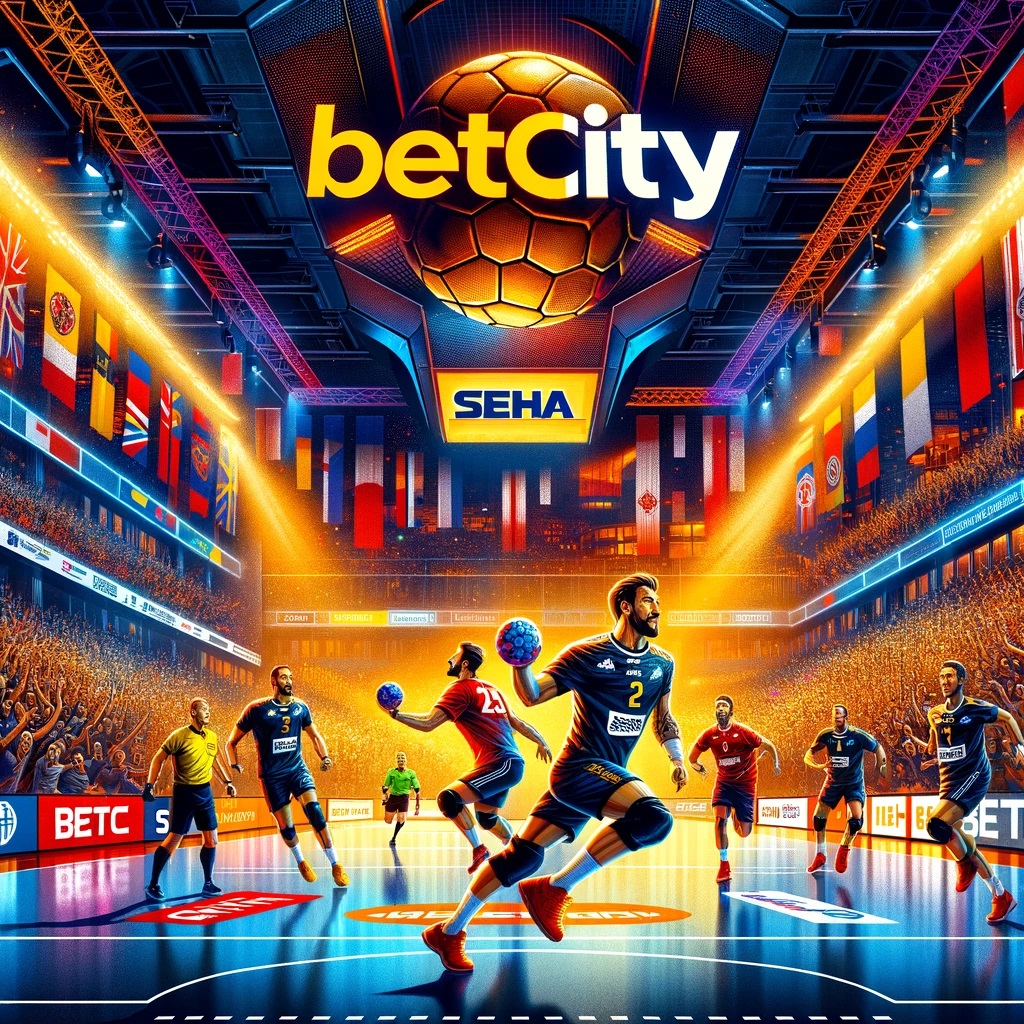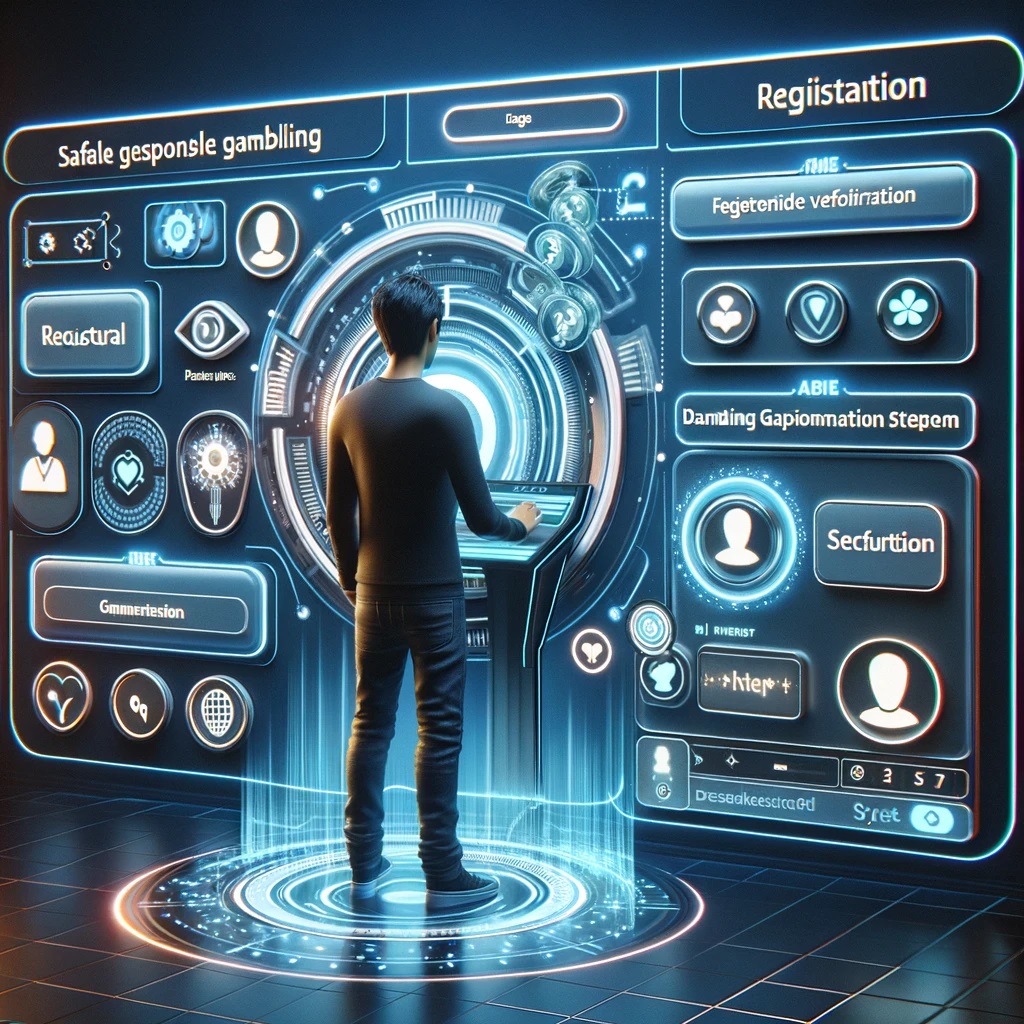🚨💻 BlackCat’s Cyber Comeback, Italy’s Gambling Fee Spike, Austria’s Loot Box Legal Win

In an unexpected turn of events in the cyber world, the Russian-speaking hacker group BlackCat/ALPHV has impressively regained control of their website, previously seized by the FBI. This incident, highlighted by 3DNews, illustrates the ongoing digital tug-of-war between government agencies and cybercriminals. The FBI’s brief dominance over the hackers’ site marked a noteworthy effort in the battle against cyber threats. However, the hackers’ successful countermove showcases their formidable capabilities in this digital chess game. The situation remains tense as encrypted data involving around 3,000 victims is still in the hackers’ possession.
In Italy, there’s a brewing storm in the online gambling sector. iGaming Business reports that Italian lawmakers are contemplating a radical increase in online gambling license fees — a leap from 200,000 euros to a massive 7 million euros. This proposed hike, which is 35 times the current fee, has met with criticism from the European Gaming and Betting Association (EGBA). The association, representing the gaming industry, views this increase as potentially harmful to the market. If this change is enacted, it could significantly alter the landscape of online gambling in Italy, affecting both operators and consumers.
A landmark decision in Austria’s legal system has recently made headlines, as reported by IXBT Games. An Austrian court has ruled that Valve, the company behind the popular game Counter-Strike: Global Offensive (CS:GO), must refund a player an amount of 14,000 euros spent on loot boxes. This case is pivotal in the ongoing debate over the nature of loot boxes, with the court agreeing with the argument that they are a form of gambling. This decision is significant as Valve is not licensed to conduct gambling operations in Austria, setting a precedent that could have far-reaching effects on the gaming industry’s use of loot boxes and potentially leading to tighter regulations worldwide.
These developments across different sectors and countries highlight the evolving and often complex relationship between technology, law, and ethics in the modern digital era. Whether it’s cyber confrontations, regulatory changes in online gambling, or legal challenges in the gaming industry, these events are shaping the future landscape of digital interaction and regulation. As we observe these developments, the dynamic nature of the digital world becomes ever more apparent, presenting ongoing challenges and opportunities for innovation and governance.







